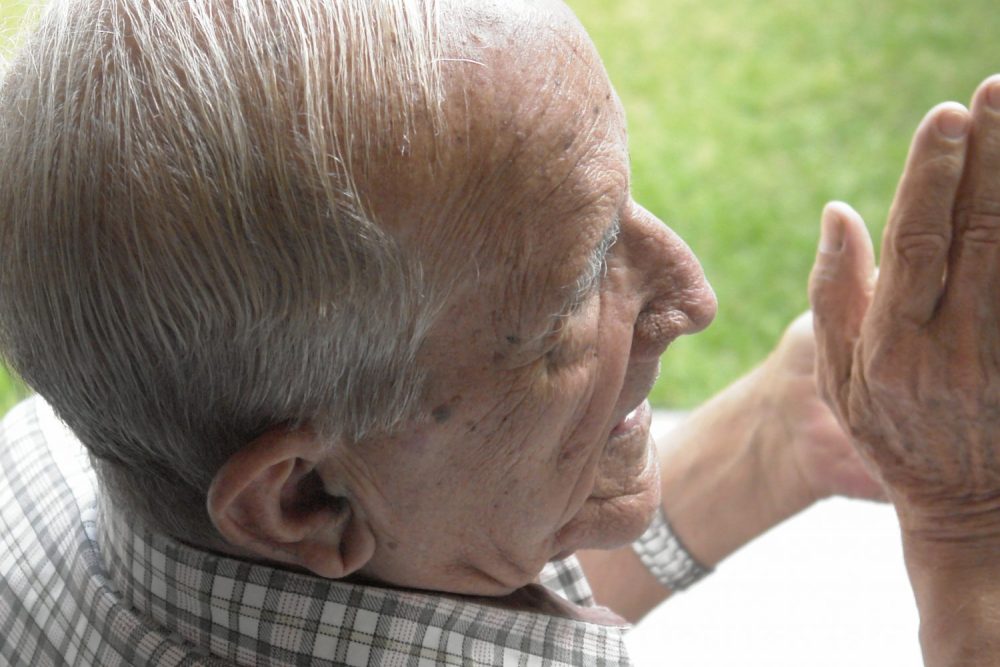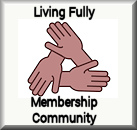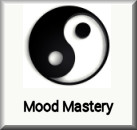We have just come out of one of the busiest months for families – the month of June. I wanted to write a bit about what I am finding couples struggling with recently. Couples are so amazingly busy with so many obligations and roles today. It is hard to stay connected and to find a way to work as a team. Fortunately, I have so many examples of couples who have been succesful at this in their lives to make me keep my own hope up. I wish I could have them give their wisdom in person to my suffering couples. Suffering couples have more feelings of frustration and feeling victimized by their partner and feeling as if they are doing more of the load then their partner. They feel alone in the life they are trying to create. They feel either unsupported or engulfed by the other person. So how do these successful couples create team in their relationship?
First is their mindset. You have to start here. You know you have personal vulnerabilities and patterns from your past and your present mindset. You are operating on beliefs that won’t get you what you want. So start here. What are some examples of vulnerabities that get in the way of team?
Here is a small collection of vulnerabilities that get in the way:
*you believe that you always need to feel in control or in charge
*you believe that at any moment your partner is going to abandon you
*you believe that you must assert your rights or you will lose, you must say no first, you must defend
*you believe that if your partner is not meeting your immediate need that they do not love or support you
*you operate on your feelings; you FEEL alone, therefore it must be true
*you believe that your partner is the problem so you spend time analyzing and blaming them, having thoughts of “if they didn’t”
*lots more… know your own
So first you need to make a decision. Do you want to live like a successful team together where you each know the other has their back? Where you know your partner is with you in the day to day challenges? Where you know you can do more together then you can apart? That you feel safe when you are together, knowing you will both support your mutual goals? That you feel securely loved?
If so, you will need to make a decision to challenge your vulnerabilities. How will you manage your automatic response when it is bubbling up quickly in response to a pattern in your relationship?
1. Stop -notice your response, both the feelings and what you are saying to yourself.
2. Grey out the emotional reasoning, the black and white thinking and the defensiveness. No -your partner does not always do that (black and white thinking) and no that is not what your partner said, that you don’t know how to take the garbage out, I can’t do anything right (emotional reasoning) but what he/she actually said was, could you pick up the pieces of garbage that fell out under the sink?
3. Believe your partner has good intentions towards you.
4. Self sooth. Replace your negative self talk with talk that reminds you that this is just an issue, that you will come through this, that everything will be okay.
5. Let your partner know about your feelings in a non-blaming way. Ask your partner for reassurance that you can work this out together.

Try this out together. Partners can do this. If you continue to struggle, go get some therapy so that you can begin a new pattern together!
Go forth and be wonderful!


 Be open. Walk through a new door of beliefs. Differences are rarely insurmountable. Love is not about your partner being a reflection of you but about your ability to appreciate your partner’s differences and honor them. Get real about negative feelings. Oh my goodness, somehow people don’t realize that their negative feelings are a reflection of their negative thoughts and where they are focussing. I am not saying disregard your negative feelings but use that information to know what is going on inside for you. Take them as a signal to make some changes on the outside. Your feelings and thoughts come from a past that is unexamined as well as from your present circumstances. Find out what the hurts and the fears represent and make positive changes in your life towards that. When talking things over with your partner and repair attempts do not work, do not assume it is about incompatibility but it is most likely about the state of the friendship in the relationship. How have you been working on that part of the foundation of the relationship? Have you been neglecting that for busyness of children or work or? Repairing and managing conflict depends on a solid friendship. And finally (there are so many more crazy beliefs but this is it for now), let your partner do things for you out of love. When you are doing this for your children, you see this as normal. You may visit your parent in a home out of love. Acceptance of your partner’s attempts at loving you and keeping the relationship alive is part of YOUR obligation in the commitment. When couples are in a bad place they will often further sabotage their relationship by not accepting loving gestures from their partner, believing they are just doing it because it is expected or some other reason that is not helpful. Be open to the positives in your relationship and create some yourself today. Go forth and be wonderful!
Be open. Walk through a new door of beliefs. Differences are rarely insurmountable. Love is not about your partner being a reflection of you but about your ability to appreciate your partner’s differences and honor them. Get real about negative feelings. Oh my goodness, somehow people don’t realize that their negative feelings are a reflection of their negative thoughts and where they are focussing. I am not saying disregard your negative feelings but use that information to know what is going on inside for you. Take them as a signal to make some changes on the outside. Your feelings and thoughts come from a past that is unexamined as well as from your present circumstances. Find out what the hurts and the fears represent and make positive changes in your life towards that. When talking things over with your partner and repair attempts do not work, do not assume it is about incompatibility but it is most likely about the state of the friendship in the relationship. How have you been working on that part of the foundation of the relationship? Have you been neglecting that for busyness of children or work or? Repairing and managing conflict depends on a solid friendship. And finally (there are so many more crazy beliefs but this is it for now), let your partner do things for you out of love. When you are doing this for your children, you see this as normal. You may visit your parent in a home out of love. Acceptance of your partner’s attempts at loving you and keeping the relationship alive is part of YOUR obligation in the commitment. When couples are in a bad place they will often further sabotage their relationship by not accepting loving gestures from their partner, believing they are just doing it because it is expected or some other reason that is not helpful. Be open to the positives in your relationship and create some yourself today. Go forth and be wonderful!
 Once you have some practice, you will find it easier to understand yourself in this regard. At first you may not do this well each time. If you don’t do this well in the moment and regret your secondary emotional response, make sure your repair with your partner includes sharing what was really going on. If you are the hearer of these emotions, you will likely relate to these deep emotions. Your response is important. Make sure you honour the gift of your partners sharing by creating emotional safety and treat the gift with a gentle and reassuring response. This creates continuing attachment security in your relationship which is what we all long for.
Once you have some practice, you will find it easier to understand yourself in this regard. At first you may not do this well each time. If you don’t do this well in the moment and regret your secondary emotional response, make sure your repair with your partner includes sharing what was really going on. If you are the hearer of these emotions, you will likely relate to these deep emotions. Your response is important. Make sure you honour the gift of your partners sharing by creating emotional safety and treat the gift with a gentle and reassuring response. This creates continuing attachment security in your relationship which is what we all long for. our values about shoes and cups in dishwashers etc. Yes, we do need to work some of these issues out satisfactorily but they cannot come between us in a way that we are trying to have our partner become who we are. Spending constant time trying to change our partner over years begins to erode the love that we have together. Spending time problem solving over these issues or getting some of what we may want can be helpful. For instance, purchasing a basket by the door that your partner can throw his or her shoes in might be a partial solution. Picking them up yourself in a spirit of love can work. Acceptance of your partner’s differences is the key. These issues become even more difficult when there are kids from another relationship and you are trying to set some boundaries that they are not used to. Spending more time affirming and enjoying who are partner is (or our partner’s kids) helps to cement attachment. Changing the way we frame our partner and enjoying their quirks and differences as separate from the way we are, increases the satisfaction in our relationships. It creates the kind of safety that over time, helps our partner want to change those very small details of our lives together. Write out the above quote and see where you might make a difference in this area of your loving.
our values about shoes and cups in dishwashers etc. Yes, we do need to work some of these issues out satisfactorily but they cannot come between us in a way that we are trying to have our partner become who we are. Spending constant time trying to change our partner over years begins to erode the love that we have together. Spending time problem solving over these issues or getting some of what we may want can be helpful. For instance, purchasing a basket by the door that your partner can throw his or her shoes in might be a partial solution. Picking them up yourself in a spirit of love can work. Acceptance of your partner’s differences is the key. These issues become even more difficult when there are kids from another relationship and you are trying to set some boundaries that they are not used to. Spending more time affirming and enjoying who are partner is (or our partner’s kids) helps to cement attachment. Changing the way we frame our partner and enjoying their quirks and differences as separate from the way we are, increases the satisfaction in our relationships. It creates the kind of safety that over time, helps our partner want to change those very small details of our lives together. Write out the above quote and see where you might make a difference in this area of your loving.







